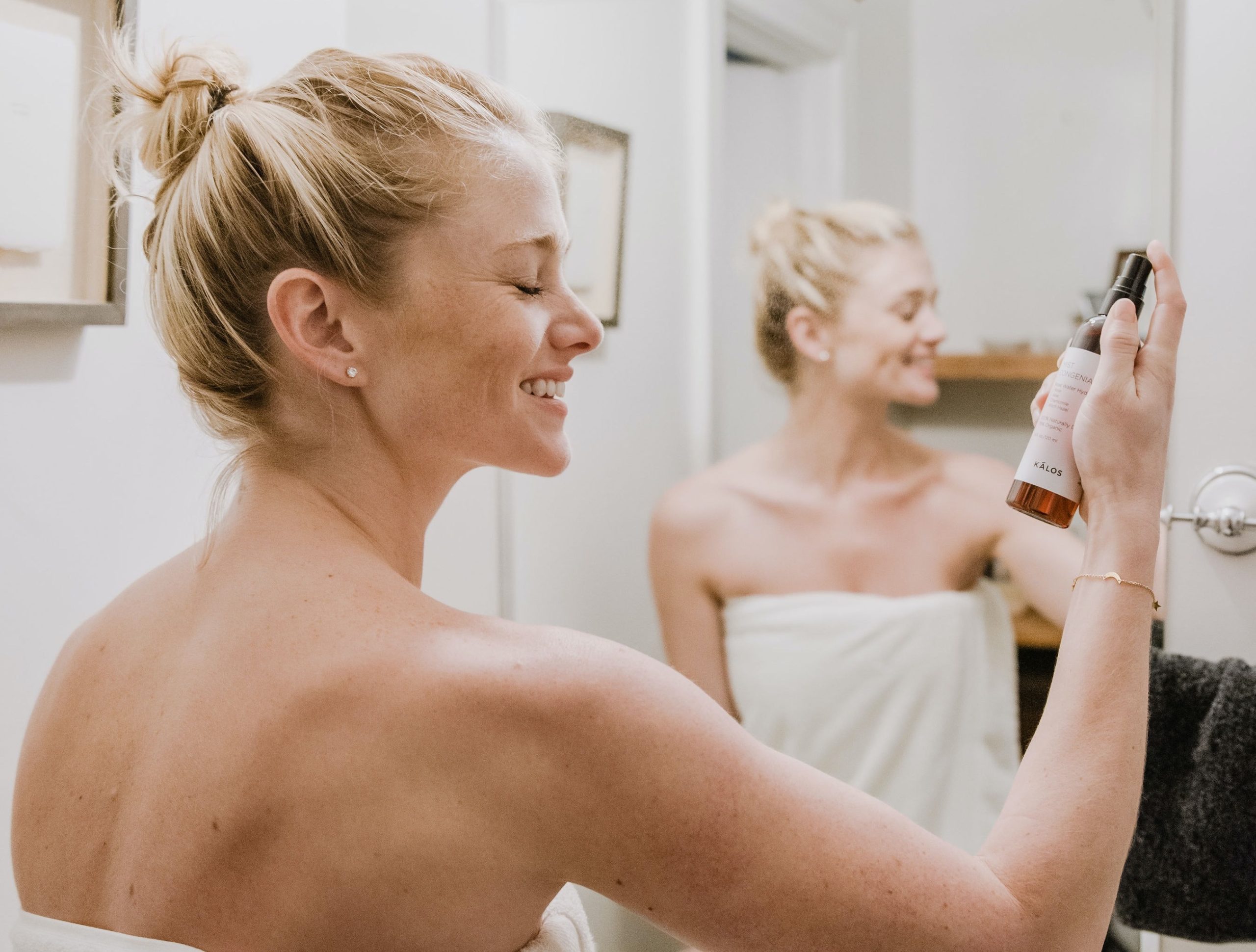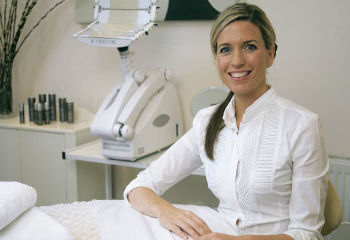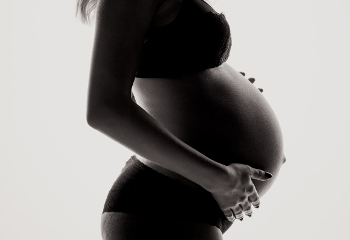What are the ingredients you should avoid during pregnancy?

“Most skincare is safe to use during pregnancy as there is very little in the way of absorption from over-the-counter treatments or creams,” notes renowned Dermatologist and Founder of Klira, Dr Emma Craythorne. “But it is important to note that your skin may be more sensitive in general and so any actives you are used to using (such as vitamin C or acid exfoliants) might irritate your skin. For this reason, you might want to avoid anything that causes irritation.
That being said, most actives found in skincare products are safe to use, but ingredients such as hydroquinone, high-strength arbutin and retinoids are best avoided. So with the exception of hydroquinone, which has a relatively high systemic absorption rate, and tretinoin, for which the evidence is controversial, most products act locally and therefore produce minimal systemic levels, meaning they don’t absorb deeply. Consequently, in most cases women can deal with cosmetically unappealing skin conditions without compromising the safety of their unborn children.”
Are there any products you would recommend for pregnancy?
“Like all skin, decisions on products should be related to the skin type you have (at Klira, we’ve gone one step further and created 12 different skin sizes, which allows us to much more precisely tailor skincare to your skin’s exact needs).
I like very basic, evidenced-based ingredients and products. If there is a skin issue, treat it effectively, and for everything else, keep it simple. I highly recommend the use of SPF and particularly during pregnancy, especially with women who have a personal or family history of melasma. We know that for those women even small amounts of UV in pregnancy can result in a much greater likelihood of the development of melasma. So daily sunscreen is a must. I recommend brands like Heliocare 360° as well as both Bioderma’s and La Roche-Posay’s tinted sunscreens. For those with more sensitive skins, I like Altruist SPF50 Face Fluid and Beauty of Joseon Relief Sun.”
What are the main concerns pregnant women come to you for?

“The main skin concerns I see in pregnant women are typical dermatological concerns; flares of acne, rosacea, eczema and psoriasis in pregnancy are all common. And sometimes people are simply nervous about what they can and cannot put on their skin.
If you’re dealing with acne, appropriate treatment will depend on how severe it is. If you think that it might result in scarring, then you need to see a GP or dermatologist and they may suggest a pregnancy-suitable oral medication. But milder symptoms can be treated with products. This again depends on your skin type but as a general guide, I’d recommend cleansing with Avène’s Cleanance Gel, then using SkinCeuticals’ Silymarin CF as a serum and La Roche-Posay’s Effaclar H as moisturiser. My skin analysis service, Klira, can help recommend specific products or formulations featuring azelaic acid that would be appropriate to treat your acne.”
In terms of eczema, this requires excellent control of the skin barrier. Make sure you’re moisturising your skin well – I recommend our Klira cream or Cetaphil’s Rich Night Cream.”
Should a pregnant woman's skincare routine evolve throughout each trimester?
“The goal of a skincare routine is to support your individual skin in order to protect it and treat any ongoing concerns. This doesn’t have to change throughout each stage of pregnancy, as that would simply overcomplicate things.”
What treatments would you recommend - or suggest avoiding?
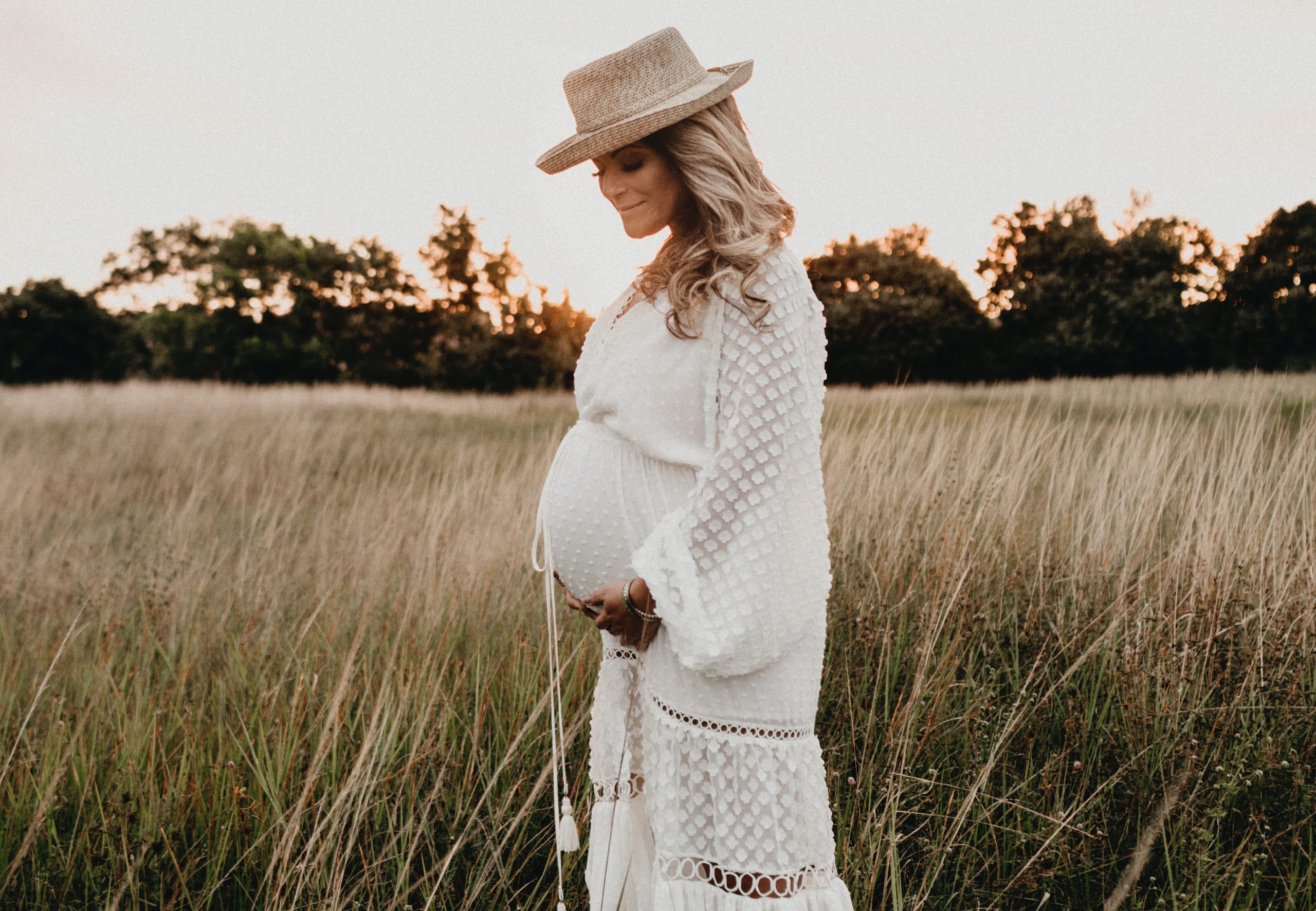
“This depends on what stage of pregnancy you are at. In terms of treatments, you probably want to avoid positions in which you will be uncomfortable or where you will be lying on your back for very long in the later stages of pregnancy. Any treatment that is an injectable treatment for a cosmetic reason such as botulinum toxin (i.e. Botox) or hyaluronic acid filler treatments should not be undertaken in pregnancy.
The majority of light-based treatments (including light-emitting devices like IPL and LED) could be used, although I’ve seen cases where IPL devices have worsened conditions like melasma in pregnant individuals. But depending on the device being used and the practitioner delivering the treatment, in many cases pregnancy doesn’t impact their safety so these can be used safely. And in some cases, LED and blue light therapy can be very useful for acne patients. Laser devices that break the surface of the skin or that could cause a rupture in the follicles may be more risky and therefore should be used after pregnancy. There is usually such a glow to the skin during pregnancy that many of these beauty lasers or IPL just aren’t needed.”
The ultimate edit – the hottest products, the latest looks, the greatest places.
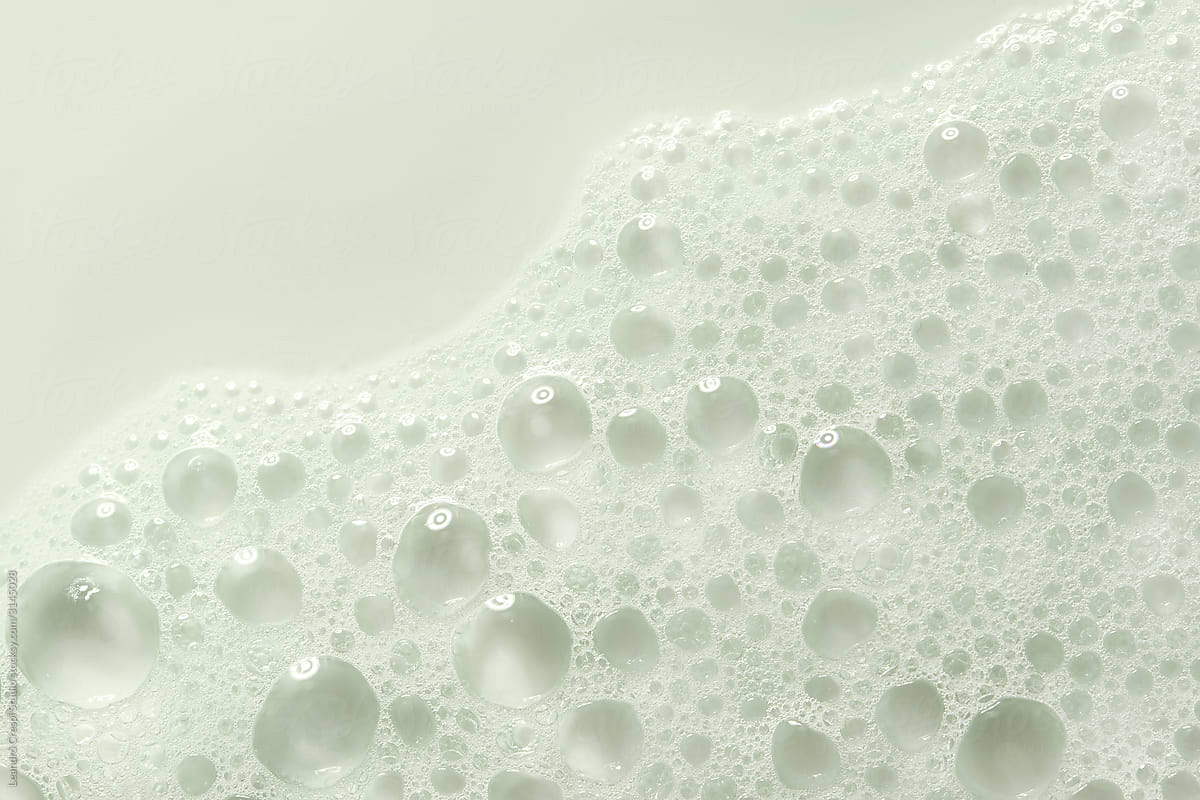
Become a Hunter.
Become part of a savvy group of beauty, grooming & wellness Hunters - try products and places for free, vote on whether they deliver & get exclusive offers & invitations.
Join Us
